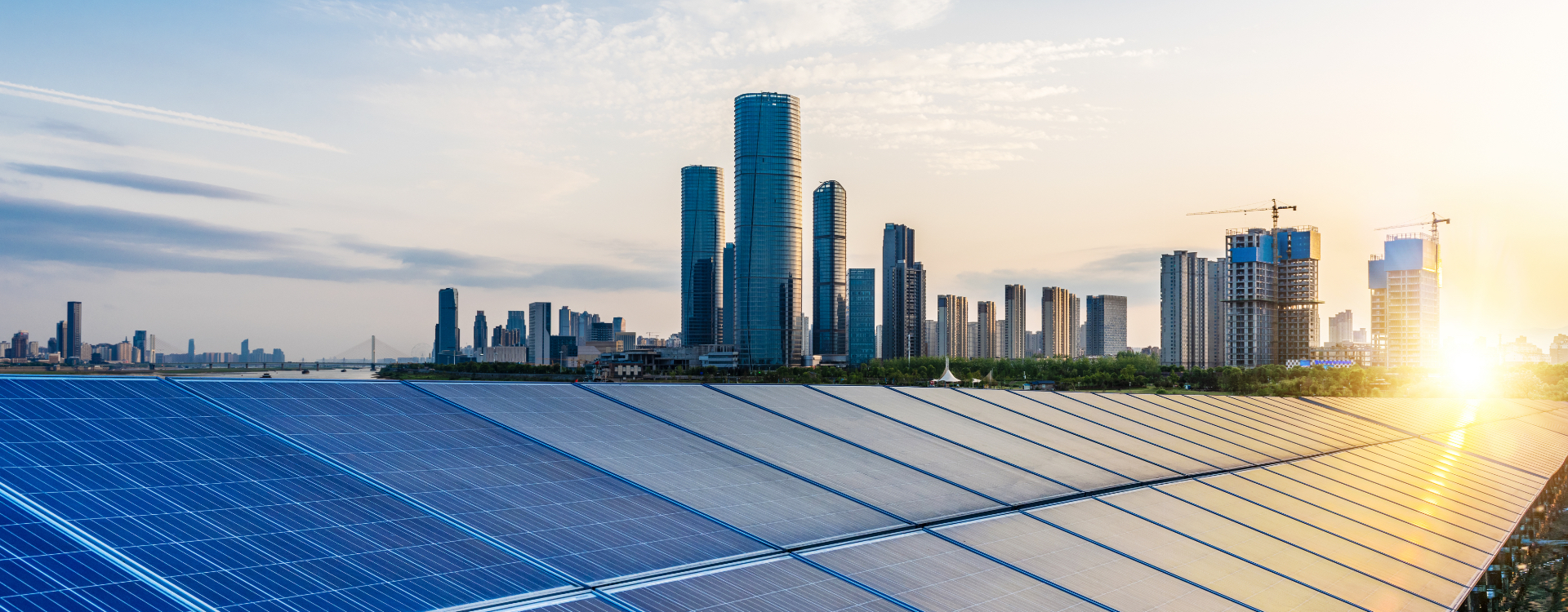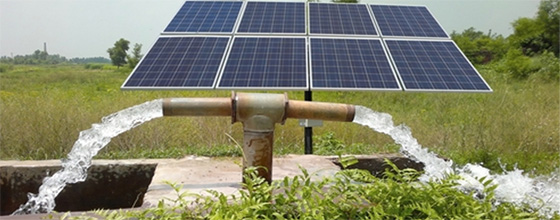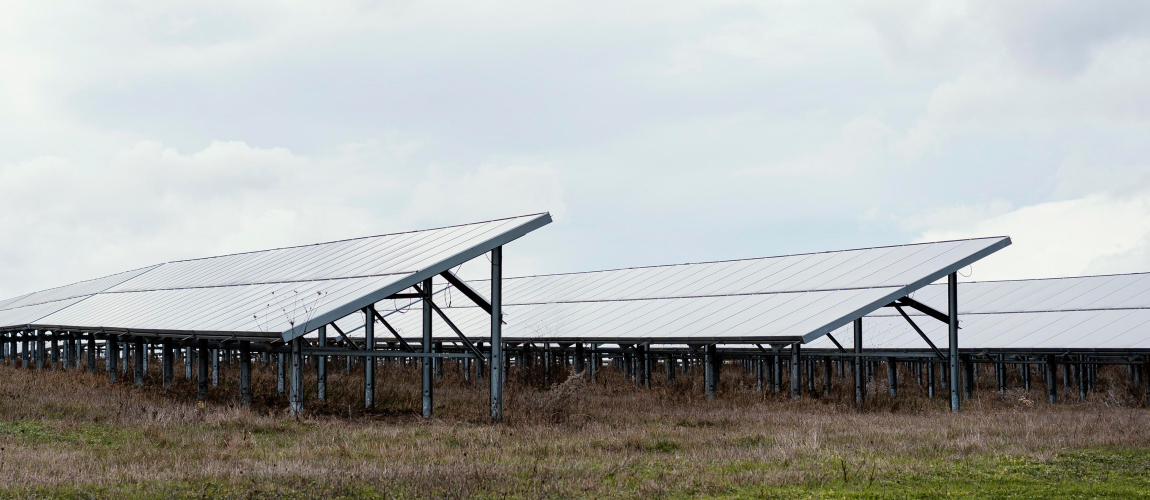In today’s rapidly evolving world, energy is the lifeblood that powers everything from the lights in our homes to the machinery in industries and the infrastructure that drives the national economies. The intricate and intertwined relationship between energy, industries, and national development underscores the vital role energy plays in shaping the future of nations.
In this blog, we explore how energy impacts these sectors and the ripple effect it creates across economy.
Energy’s Influence on Industrial Growth
Industries are the engines of economic growth, and their success is heavily dependent on energy availability and cost. The interplay between energy and industry shapes national economic policies, influences global competitiveness, and drives innovation.
Energy as a Cost Factor
Energy is one of the largest operating costs for many industries. The cost of electricity, fuel, and other energy sources can determine the profitability of manufacturing, mining, and other energy-intensive sectors. As a result, industries are constantly seeking ways to optimize energy usage, adopt energy-efficient technologies, and explore alternative energy sources to remain competitive.
Energy security
The uninterrupted availability of energy at an affordable price—is crucial for industrial continuity and progress. Industries require a stable energy supply to maintain production levels, meet customer demand, and avoid costly disruptions. Countries with strong energy security attract more industrial investments, leading to job creation, economic diversification, and technological advancements.
Innovation and Sustainable Practices
The drive towards sustainability has pushed industries to innovate and adopt greener practices. Renewable energy, waste-to-energy technologies, and energy-efficient manufacturing processes are transforming traditional industrial practices. These innovations not only reduce environmental impact but also positions companies as leaders in the global market, where consumers and investors increasingly prioritize sustainability.
Energy Access and National Development
Energy and infrastructure are critical enablers of national development. A country’s energy policies, infrastructure, and resources directly impact its economic growth, social progress, and environmental sustainability. The interconnectedness of energy with other sectors underscores its importance in shaping the future of nations.
Access to affordable and reliable energy is the cornerstones of economic progress. Energy powers industries, supports businesses, and drives innovation—all of which contribute to job creation and improved living standards. Countries with robust energy sectors can leverage their resources to fuel economic expansion by attracting foreign investment, and enhance global competitiveness.
Economic progress is generally followed by social progress and better quality of life. Reliable electricity supplies improve healthcare, education, and public services, enhancing the lifestyles of citizens. Rural electrification programs, for example, can transform villages by providing access to modern amenities and promoting social inclusion, thereby alleviating poverty.
The shift towards renewable energy sources and the adoption of energy-efficient technologies are crucial for bringing in the energy security. For example solar energy has eliminated the problems of last mile connectivity of energy in the country, allowing basic energy for daily being made available to even the remotest villages in the country. Globally nations have also been prioritizing renewable energy to push the global efforts to counter climate change and ensure a livable planet for future generations.
Renewable Energy in Industrial Development: The India Scenario
India has positioned itself as a world leader in transition to renewable energy. In a developing country like India, integration of renewable energy sources has become the cornerstone of the strategy to achieve sustainable and inclusive growth. India’s renewable energy sector has witnessed unprecedented growth in the past decade driven by government policies, technological advancements and increased awareness.
Government Initiatives & Policies
The Indian government has introduced several initiatives to promote renewable energy in industrial development. A National Mission for renewable energy has been defined which aims to develop policy framework that encourages investment and innovation.
Incentives for Industrial Adoption
To accelerate the adoption of renewable energy in industries the government offers incentives like subsidies, tax rebates & depreciation and concessional financing options. The industries also has realized the benefits of renewable energy in reducing operational costs and began a strategic shift towards renewable energy to remain competitive in a fast-paced global market.
Challenges in Scaling Renewable Energy for Industrial Use
Despite the progress, several challenges remain in scaling renewable energy adoption across India’s industrial sector.
- Initial Investment Costs: While renewable energy technologies have become more affordable, the initial investment required for installation and integration remains a barrier for many industries, particularly small and medium enterprises (SMEs). Access to finance and incentives for smaller players are crucial to overcoming this challenge.
- Grid Infrastructure and Reliability: Integrating renewable energy into the grid poses challenges related to infrastructure and reliability. Renewable energy sources, such as solar and wind, are intermittent and require a robust grid infrastructure that can manage fluctuations in supply. Upgrading grid infrastructure and developing energy storage solutions are essential to ensure a stable power supply.
- Regulatory and Policy Frameworks:While India has made significant strides in creating a conducive policy environment, inconsistencies and delays in regulatory approvals can hinder the deployment of renewable energy projects. Streamlining policies and ensuring timely approvals are necessary to maintain the momentum of renewable energy adoption in industries.
Conclusion
The interconnected impact of energy on industries, and national development is undeniable. As the world continues to grapple with the challenges of climate change, resource depletion, and population growth, the role of energy will only become more critical. By prioritizing energy efficiency, embracing renewable energy, and fostering innovation, nations can create a sustainable and prosperous future for all.
The energy sector is not just a component of the economy; it is the foundation upon which modern society is built. Its influence extends far beyond the power grid, shaping the landscapes of cities, driving industrial progress, and fueling the engines of national development.
About LUBI Electronics
LUBI Electronics is a leading company in India, exhibiting expertise in the automation, solar, and control panel industry.
Our solar offerings include best-in-class solar modules, solar pumps, solar pump controllers and solar inverters.
For more information on our offerings, please reach out to us at lubi@lubielectronics.com.












